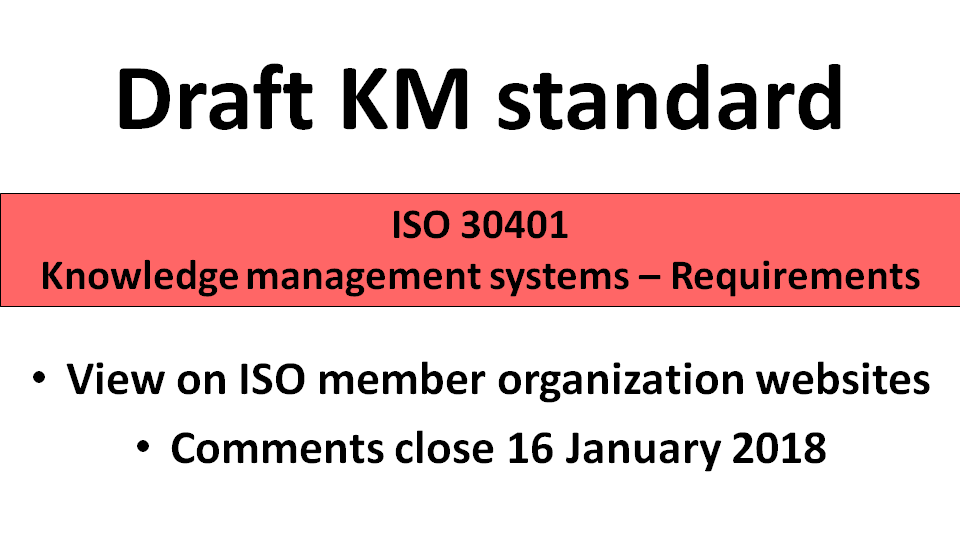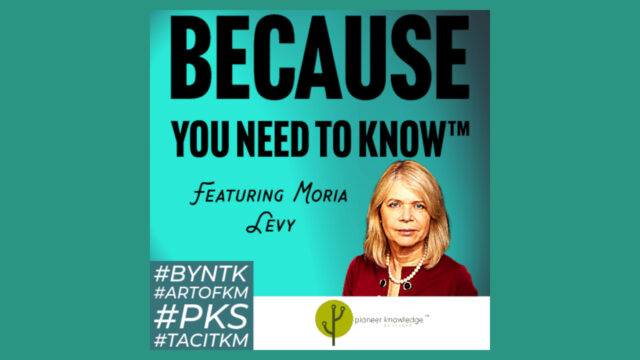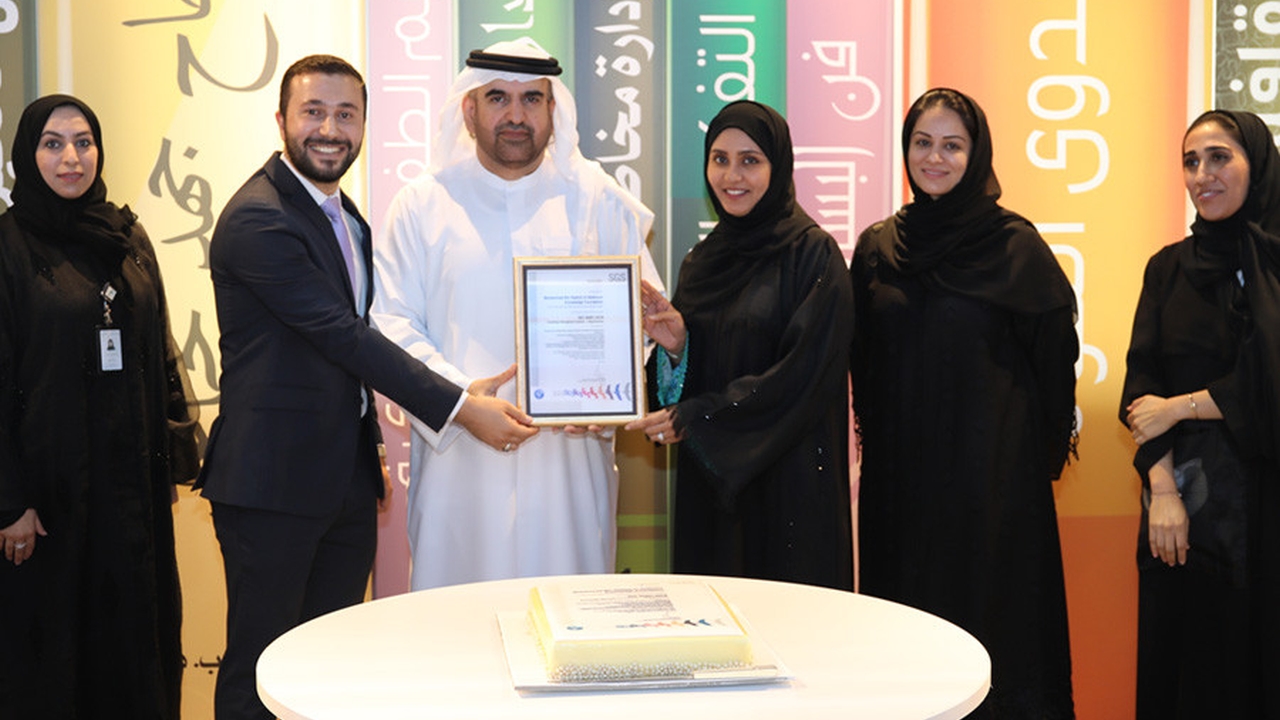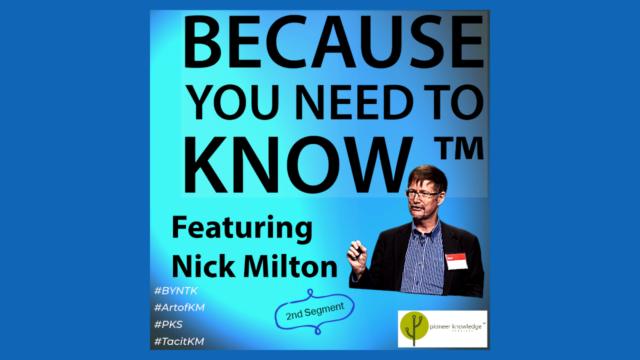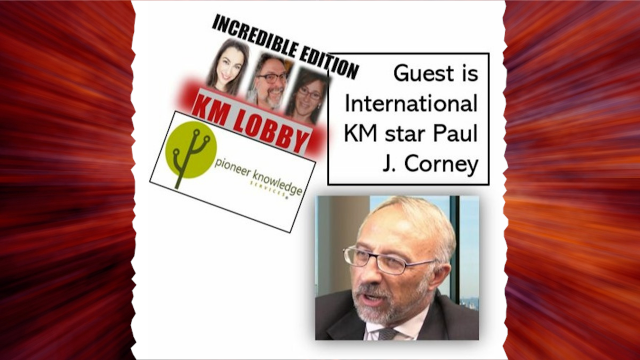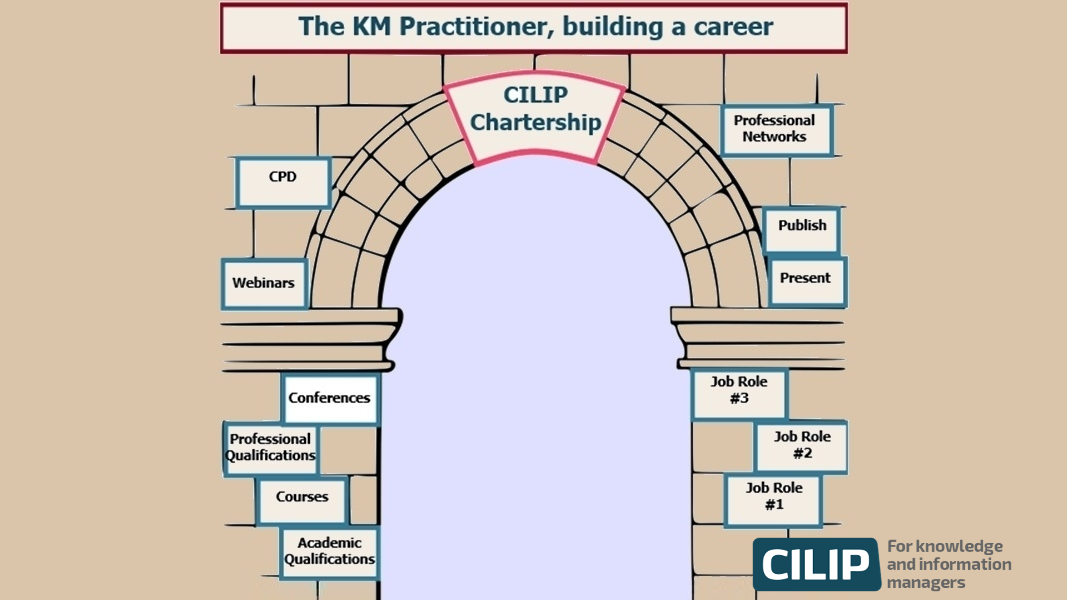
CILIP KM Chartership takes shape!
This article is part of a series on education and professional accreditation for knowledge managers.
Nearly eighteen months ago, Paul Corney wrote about his vision for the Chartered Knowledge Manager – a professional accreditation program for the knowledge management (KM) community developed from the highly regarded and internationally recognised professional registration program offered by library and information association CILIP.
Paul reported on a KM Summit in London on 15 May 2018, where a group of about 50 people had joined CILIP CEO Nick Poole to discuss the KM Chartership proposal. In the time since, a CILIP project board and advisory group has brought together KM expertise from across the world to guide the proposal to fruition.
A pilot cohort was enrolled in the first quarter of this year, and I was very excited to report on the development of the KM Chartership initiative as part of a KM certification panel at the KM Asia 2019 conference in Hong Kong in April.
Enrolment is currently in cohorts and by invitation. This is not a selective measure. Rather, it is to ensure that CILIP can successfully manage the candidate experience and appropriately ‘scale-up’ support, assessment, and administration arrangements. Invitations to join the second cohort were sent out in May 2019, and CILIP has already received a strong response to its recent call for candidates in the third cohort.
Interested people are now invited to register interest for the fourth and subsequent cohorts which will be announced from early 2020.
The benefits of CILIP KM Chartership
UK-based CILIP is a Chartered body, with its Royal Charter a recognition of pre-eminence, stability, and permanence in representing a given profession. CILIP has also been awarded the right to offer Chartered status to individuals – Chartered Fellow/Member of the Chartered Institute of Library and Information Professionals (FCLIP/MCLIP). Individual Chartered status imparts parity with other chartered professions.
The UK is world leader in professional standards and chartered institutes, meaning that having a UK Chartered status in a given profession is advantageous at a global level. As a professional you may be working with international teams or international stakeholders, they may not recognise your job title, or your job title may not translate into something recognisable to them, but being a Chartered professional will.
The Chartered knowledge manager demonstrates that they:
- have both the knowledge and skills required for their role and the ability to apply them in their role
- have professional parity with other chartered professionals within their organisation
- are part of a network committed to reflective knowledge management practice.
‘Information professional’ is an umbrella term for librarians, information managers, knowledge managers, and data professionals. CILIP already has internationally recognised professional registration for the information profession including knowledge managers, and is strengthening this by making explicit that achieved professional registration (Chartership, Fellowship) is in the field of knowledge management.
At present, KM professionals may not necessarily see CILIP as their natural home. However, CILIP represents all of the information professions and believes that information professionals are united by a common set of skills and ethics. CILIP wants to become the professional organisation of choice for all information professionals, including knowledge managers, and offering a KM Chartership status allows CILIP the opportunity to strengthen its engagement with the KM community.
There are also KM professionals that have come from other disciplines (project management, organisational learning, corporate communication, management consultancy) that are not aware of the contributions that the information management discipline can bring to KM. Whatever their route into their current profession, all practicing information professionals can undertake professional registration with CILIP.
CILIP has three levels of this professional registration: Certification, Chartership, and Fellowship. KM Certification and KM Chartership are currently offered, with CILIP planning to pilot KM Fellowship early in 2020.
The ‘keystone’ in a professional career
Rather than KM Chartership being a ‘course’ that people do, it is very much a self-directed development journey because KM competence does not equate to the completion of training alone.
CILIP sees professional registration, including Chartership, as the ‘keystone’ in a professional career (as shown in the image above}. Each individual takes their own journey, their own academic route, their own career route. It is Chartership with its emphasis on reflective and evaluative practitioner that brings everything together and makes the whole stronger than the sum of the parts.
This is reflected in the three criteria that candidates are asked to answer:
- Identified areas for improvement in personal performance, undertaken activities to develop skills, applied these in practice, and reflected on the process and outcomes. This is assessed on the ability to apply the skills and knowledge which have been developed, and reflection on the process and outcome.
- Examined the organisational context of their service, evaluated service performance, shown the ability to implement or recommend improvement, and reflected on actual or desired outcomes. This is assessed on the ability to identify areas for service improvement and the recommendations to close the gap between current and ideal practice.
- Enhanced their knowledge of the wider professional context and reflected on areas of current interest. Candidates are asked for evidence of, and personal reflection on, activities undertaken to improve their knowledge.
Relationship with ISO 30401:2018 KM standard
The purpose of the new KM standard ISO 30401:2018 Knowledge management systems – Requirements is to “support organizations to develop a management system that effectively promotes and enables value-creation through knowledge.”
CILIP has strong links with the BSI Knowledge Management Standards Committee that led the development of the KM standard and continues to coordinate its implementation. This means that CILIP has been able to map a real relationship between the new standard and its existing Professional Knowledge and Skills Base (PKSB).
CILIP represents the full range of the information professionals, from traditional librarians through to those working at the cutting edge of AI implementation, so the standard PKSB covers a spectrum from specific professional expertise to generic skills needed by information professionals. CILIP has developed this further to produce the PKSB specifically for knowledge management (Figure 1).
The expertise and skills that map from the KM standard to the PKSB are indicated in red on Figure 1. The strongest mapping is to the knowledge & information management section, and then to the supporting skills in strategy, planning, service design etc. The PKSB expertise and skills sections each break down into several sub-sections.
CILIP members have access to the online PKSB, which is a tool for self-assessment and skills / professional development planning. The detailed PKSB for KM sits alongside the online tool.
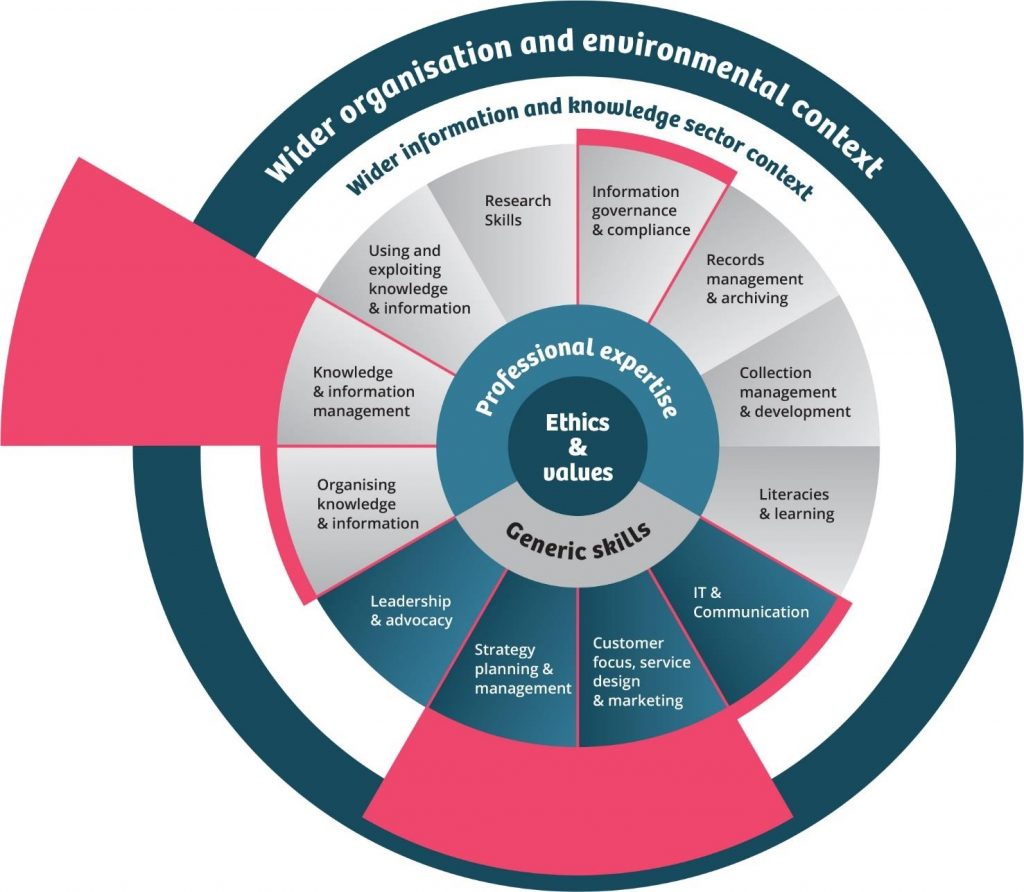
What does KM Chartership involve?
In their KM Chartership submission, candidates need to provide the items shown in Box 1.
Box 1. CILIP KM Chartership submission requirements
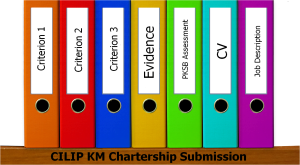
A 1,000-word evaluative statement, written as a reflective KM practitioner addressing the three assessment criteria:
- Identified areas for improvement in personal performance, undertaken activities to develop skills, applied these in practice, and reflected on the process and outcomes.
- Examined the organisational context of their service, evaluated service performance, shown the ability to implement or recommend improvement, and reflected on actual or desired outcomes.
- Enhanced their knowledge of the wider professional context and reflected on areas of current interest.
Evidence to support their statement. Evidence can be in many different forms, however evidence is not simply showing that you attended something. Evidence includes your thoughts on a learning activity and how it has developed your professional practice in a practical sense.
Their self-assessment of their skills and expertise using the online PKSB tool. Candidates are not asked to assess themselves against every section and sub-section of the PKSB. CILIP suggests focussing on 6-10 subsections of the PKSB. For KM Chartership, candidates are expected to concentrate on those that align with BS ISO 30401:2018. This provides the basis for criterion 1’s ‘improvement in personal performance’.
Candidates also provide their CV and job description, these can be annotated to show the candidates KM experience or if they are also used as supporting evidence to the evaluative statement. For KM Chartership it is expected that candidates are experienced KM practitioners. Candidates may not have KM explicitly in their job title, so they can use their CV and job description to show the extent to which their day to day activity supports knowledge management.
There is currently no hard time limit on how long a candidate can take between enrolment and submission. Generally, it takes general Chartership candidates 6-24 months, as each candidate has competing work and life priorities to balance against their time available to undertake Chartership. However, in addressing the criteria for Chartership a candidate is expected to include ‘recent’ development and evidence, and in practice this means no older than the last 12-18 months. So even if candidates take more than 2 years from enrollment to submission, they will still need to ensure that what they are submitting is sufficiently ‘recent’.
The use of the term ‘cohort’ only refers to a group that enrolls at a particular time point. While candidates do have an opportunity to create a ‘social cohort’ within the candidate space on the CILIP website, they undertake Chartership at their own pace and not a ‘group pace’.
Interested?
If you are interested in CILIP KM Chartership, you can:
- download the Chartership for Knowledge Management – At a Glance ready reference guide
- visit the CILIP website for detailed information
- register interest for the fourth and subsequent cohorts which will be announced from early 2020.
Header image: CILIP sees professional registration, including Chartership, as the ‘keystone’ in a professional career. © CILIP.
Also published on Medium.

